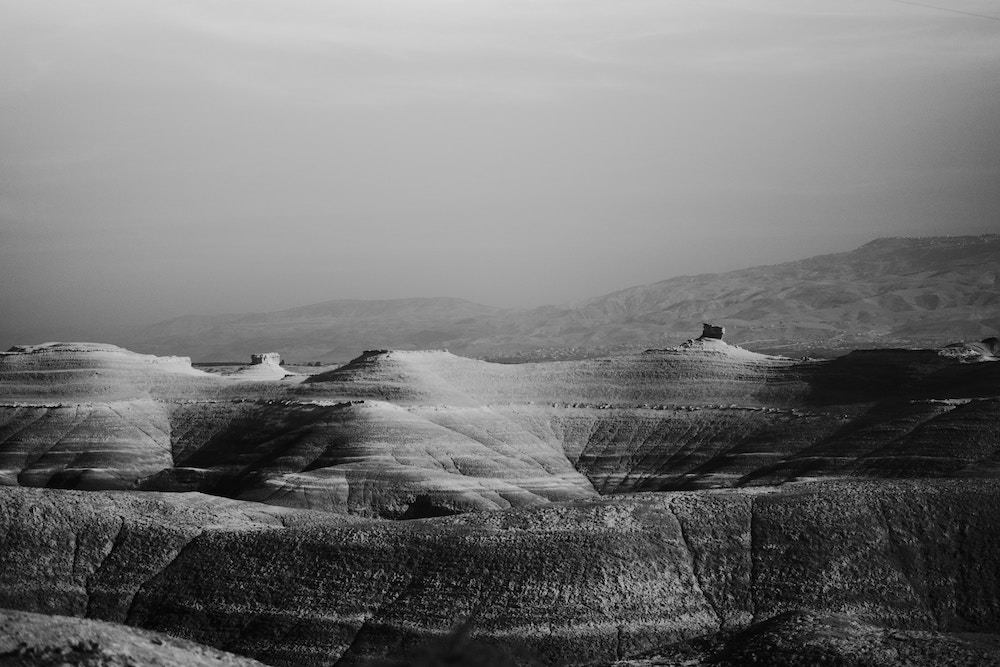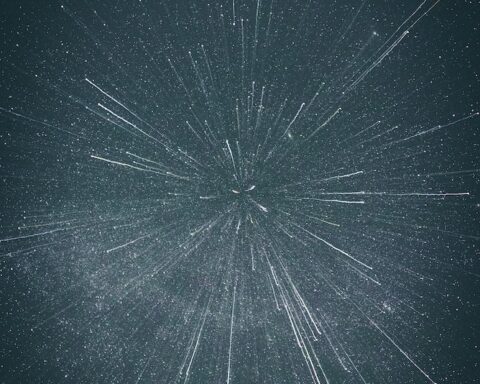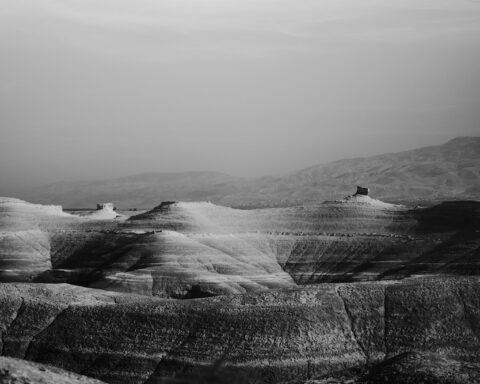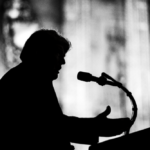A dead child is not concerned with the manner of its death,
with whether it was killed simply for being Jewish,
for being other, for being an object of hatred,
with whether its death was by mutilation or burning,
and a cause for celebration and rejoicing
by the cowards who perpetrated it,
with whether its death was filmed as demonstration,
as trophy, as propaganda, as incitement,
or whether it was killed unintentionally, incidentally,
(but inevitably) by a missile targeting others,
foreseeable collateral damage, with whether
every effort was made to spare its death.
A dead child is not concerned with moral equivalence,
with retribution, with whether one child’s death
can ever be more just than another.
These are concerns for the living.
A dead child is a light extinguished, a devastation,
a tidal wave of loss and grief.
A dead child is a dead child.
—
David Adès is the author of Mapping the World, Afloat in Light and the chapbook Only the Questions Are Eternal. He is the host of a monthly poetry podcast series, Poets’ Corner.










